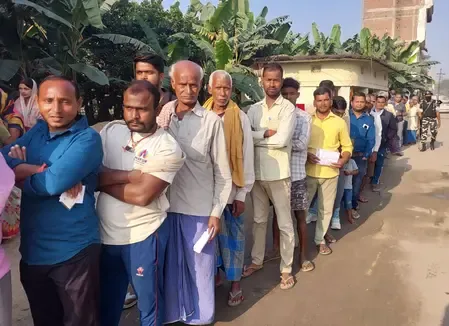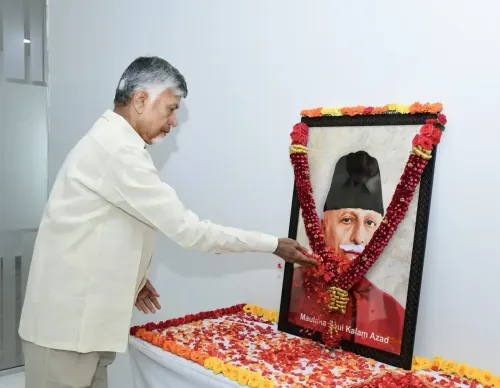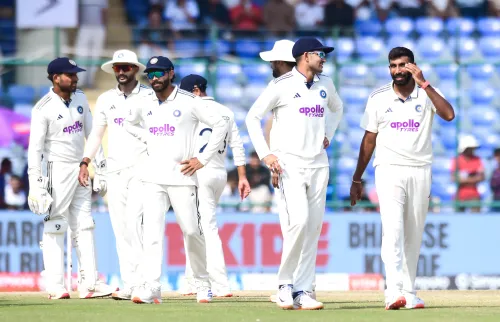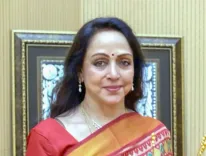Has PM Modi Fulfilled the People's Wish with GST 2.0?
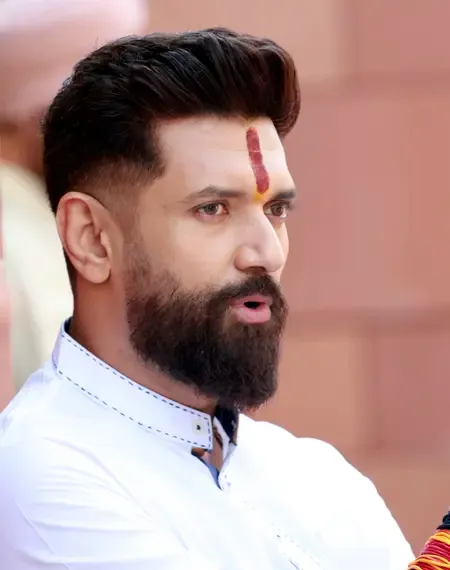
Synopsis
Key Takeaways
- GST 2.0 simplifies the tax structure significantly.
- Over 375 items have seen price reductions.
- Targeted at middle-class households and small businesses.
- Political implications are significant as elections approach.
- Opposition raises concerns about government motives.
New Delhi, Sep 22 (NationPress) Union Minister Chirag Paswan on Monday conveyed his warm greetings to the nation in celebration of Navratri, while expressing his unwavering support for Prime Minister Narendra Modi's launch of GST 2.0, which marks the government's most significant tax overhaul since the original GST was implemented in 2017.
During a press briefing, Paswan commended the newly simplified tax framework, describing it as a realization of a long-cherished public aspiration.
“I extend my heartfelt greetings on the occasion of Navratri to all Indians and the people of Bihar. These days are devoted to Mata Rani, and we seek her grace and blessings to be with us, fulfilling everyone's desires. I must highlight that with Mata Rani’s blessings, a significant wish of the populace has already been met by our Prime Minister, Narendra Modi...”
GST 2.0, which took effect on Monday, streamlines the former multi-slab system into two primary slabs: 5 percent and 18 percent, thus making over 375 essential and consumer items more affordable. This initiative is being celebrated under a nationwide 'GST Savings Festival', aimed particularly at middle-class families and small enterprises.
In response to Congress President Mallikarjun Kharge’s criticism of the government regarding GST, Paswan challenged the party’s political coherence and intentions.
“What do they aim to achieve? Heighten inflation and increase GST? I struggle to comprehend the opposition’s position. Why did your Chief Ministers from governing states provide approval? Why politicize every issue?”
Kharge had previously shared on X, denouncing the new GST reforms and accusing the Modi administration of amassing Rs 55 lakh crore through the “Gabbar Singh Tax” over the past eight years, while now attempting to garner public favor with a “Rs 2.5 lakh crore savings festival.”
Paswan dismissed this critique as “confused” and “misleading,” arguing that Congress had previously endorsed GST reforms at the state level but was now politicizing a measure that would benefit millions.
“It’s astonishing that even after being part of the GST Council and endorsing the reforms, they still resort to false narratives,” Paswan remarked.
With the festive season in full swing and GST 2.0 promising price relief, the BJP is making a dedicated effort to present the reform as a people-first policy, while the opposition accuses the government of engaging in short-term populism.
As both parties prepare for state elections, tax reform has once again emerged as a political flashpoint, intertwining economic policy with electoral messaging.

